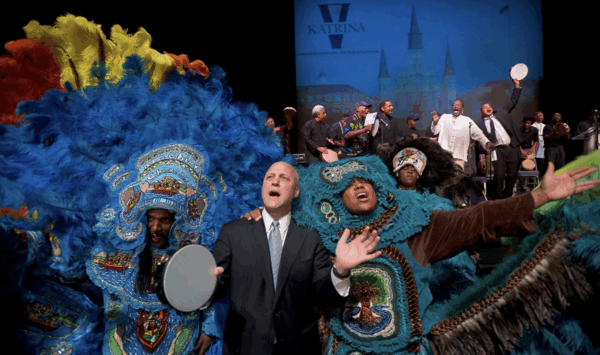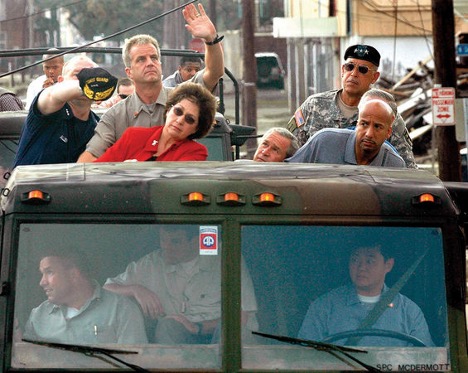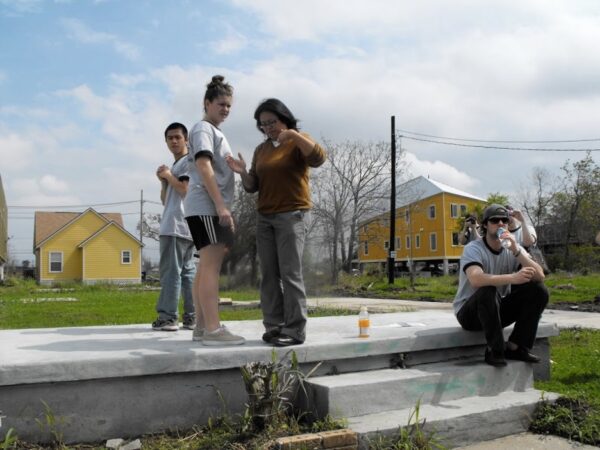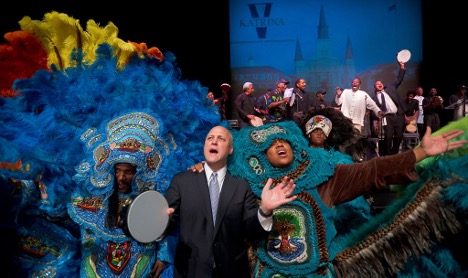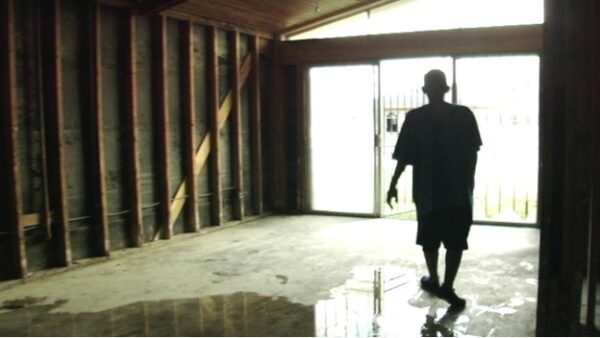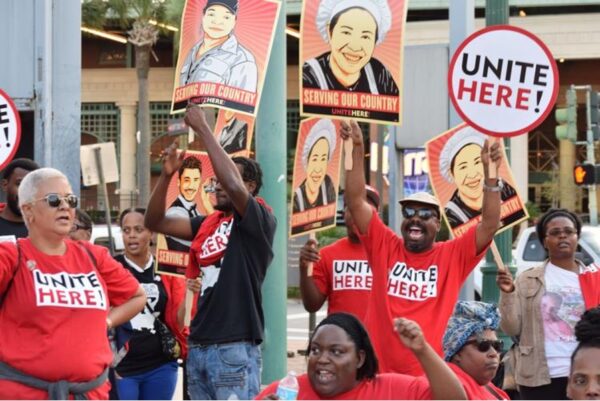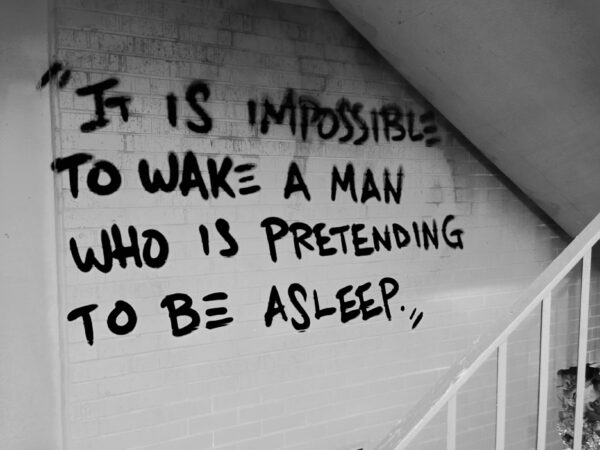
Missing New Orleans: Twenty Years Since Hurricane Katrina – Editorial Note
We still find it hard to believe that twenty years have passed and that there are many New Orleanians and Americans, for that matter, with little or no recollection of the disaster. This collection is intended as a primer for those unfamiliar with this catastrophic historic event and its manifold social and political impacts on the city and American life more generally.

